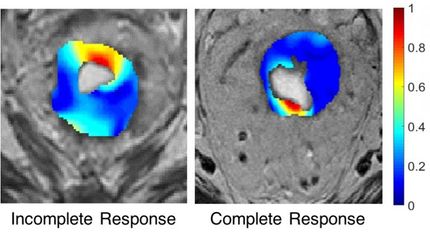GlaxoSmithKline and Synta Pharmaceuticals announce development and commercialisation collaboration for STA-4783 in oncology
GlaxoSmithKline (GSK) and Synta Pharmaceuticals Corp. announced the execution of a global collaboration agreement for the joint development and commercialisation of STA-4783, a first-in-class, small-molecule, oxidative stress inducer that is entering Phase 3 clinical development for the treatment of metastatic melanoma.
Under the terms of the agreement, the companies will share responsibility for development and commercialisation of STA-4783 in the U.S. and GSK will have exclusive responsibility for development and commercialisation of STA-4783 outside the U.S. Synta will receive an upfront cash payment of $80 million. Synta will also be eligible to receive potential milestone payments of up to $135 million for events leading to approval of STA-4783 in metastatic melanoma, further development and regulatory milestones of up to $450 million across various indications and up to $300 million in potential commercial milestone payments based on achieving certain net sales thresholds.
Synta will continue to fund all development for metastatic melanoma in the U.S. and the companies will share responsibility and costs for development of STA-4783 in other indications. Synta and GSK will jointly commercialise STA-4783 in the U.S. with Synta receiving a tiered profit share based on levels of annual net sales. The parties will share development costs outside of the US and Synta will receive double-digit tiered royalties on net sales. In addition, GSK may, subject to Synta's agreement, purchase, up to $45 million of Synta's common stock upon the future achievement of specified development and regulatory milestones.
The agreement is subject to antitrust clearance by the U.S. government under the Hart-Scott-Rodino Act. Common stock purchases may be subject to approval of Synta's shareholders if required under the rules and regulations of The Nasdaq Stock Market.
STA-4783 is a injectable, investigational drug candidate that kills cancer cells by elevating oxidative stress levels beyond a breaking point, triggering programmed cell death. In preclinical models STA-4783 showed potent killing of a broad range of cancer cell types at high doses, and an ability to strongly enhance the efficacy of certain chemotherapy agents, with minimal additional toxicity, at moderate doses.
Topics
Organizations
Other news from the department business & finance

Get the life science industry in your inbox
By submitting this form you agree that LUMITOS AG will send you the newsletter(s) selected above by email. Your data will not be passed on to third parties. Your data will be stored and processed in accordance with our data protection regulations. LUMITOS may contact you by email for the purpose of advertising or market and opinion surveys. You can revoke your consent at any time without giving reasons to LUMITOS AG, Ernst-Augustin-Str. 2, 12489 Berlin, Germany or by e-mail at revoke@lumitos.com with effect for the future. In addition, each email contains a link to unsubscribe from the corresponding newsletter.






















































